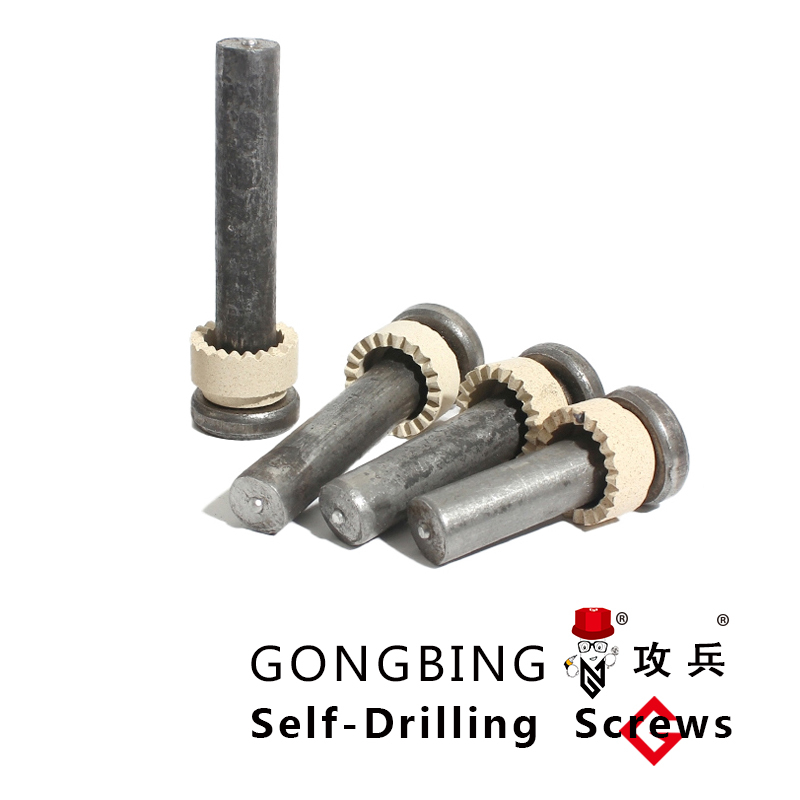Durable Self-Drilling Screws Made from Stainless Steel for Versatile Metal Applications
The Advantages and Applications of Stainless Steel Self-Drilling Metal Screws
In various construction and manufacturing industries, the choice of fasteners plays a crucial role in the durability and reliability of a product. Among the many options available, stainless steel self-drilling metal screws stand out for their unique combination of properties, making them a popular choice for many applications. This article explores the benefits and uses of these innovative screws, showcasing why they are a favored option among professionals.
What are Stainless Steel Self-Drilling Screws?
Stainless steel self-drilling screws, also known as self-tapping screws, are specialized fasteners designed to drill their own pilot hole as they are driven into material. This feature eliminates the need for pre-drilling, saving time and labor costs in assembly. Made from stainless steel, these screws provide excellent resistance to corrosion, making them ideal for applications in harsh environments.
Advantages of Stainless Steel
1. Corrosion Resistance One of the primary benefits of stainless steel is its innate resistance to rust and corrosion. This property stems from the presence of chromium in its alloy, which forms a protective layer on the surface of the metal. Consequently, stainless steel screws are perfect for outdoor applications or areas exposed to moisture, such as coastal regions.
2. Strength and Durability Stainless steel is known for its high tensile strength, which means it can withstand significant loads without deforming. This strength ensures that self-drilling screws can be used in structural applications where reliability is paramount.
3. Temperature Resistance Stainless steel can operate effectively in a wide range of temperatures, making these screws suitable for both high-heat and cold environments. This versatility broadens their application in industries ranging from automotive to construction.
stainless steel self drilling metal screws

4. Aesthetic Appeal The shiny, polished finish of stainless steel not only provides a sleek look but also helps in reducing the visibility of the screws in the final assembly. This feature is particularly advantageous in architectural applications where aesthetics are important.
Applications of Stainless Steel Self-Drilling Screws
1. Construction In the construction industry, stainless steel self-drilling screws are widely used to secure metal framing, roofing, and siding. They are particularly valued for their ability to drive into hard materials like steel without pre-drilling, facilitating faster construction and enhancing efficiency.
2. Automotive Industry These screws are also prevalent in the automotive sector, where they are used for assembling various components such as body panels, trims, and undercarriage parts. Their corrosion resistance is especially beneficial in vehicles that are often exposed to road salt and other corrosive substances.
3. Marine Applications The marine environment, characterized by high humidity and saltwater exposure, demands fasteners that can withstand harsh conditions. Stainless steel self-drilling screws are commonly used in boat building and repairing, as they can endure the corrosive effects of saltwater and last longer than traditional fasteners.
4. Electrical Projects In electrical installations, stainless steel self-drilling screws are used to secure electrical boxes, fixtures, and conduits. Their reliability and resistance to corrosion ensure that connections remain stable and safe over time.
Conclusion
Stainless steel self-drilling metal screws are an essential component in modern construction and manufacturing. Their corrosion resistance, strength, and ease of use make them suitable for a wide array of applications across various industries. As technology advances and the demand for durable and reliable fasteners continues to grow, the popularity of stainless steel self-drilling screws is likely to increase, solidifying their place as a key element in many projects. With these screws, professionals can achieve sturdy and long-lasting results, ultimately enhancing the quality and longevity of their work.
-
Weatherproof Plastic Expansion Anchors for OutdoorNewsJun.06,2025
-
Sustainability in the Supply Chain: Eco-Friendly TEK Screws ProductionNewsJun.06,2025
-
Load-Bearing Capacity of External Insulation FixingsNewsJun.06,2025
-
Double Head Bolts: Enhancing Efficiency in Industrial MachineryNewsJun.06,2025
-
Corrosion Resistance in Chipboard Screws: Coatings for Wholesale DurabilityNewsJun.06,2025
-
Butterfly Toggle Bolts : Enhancing Structural ResilienceNewsJun.06,2025
